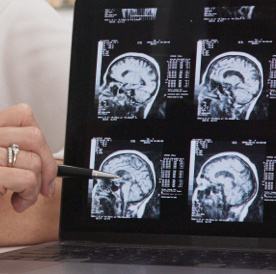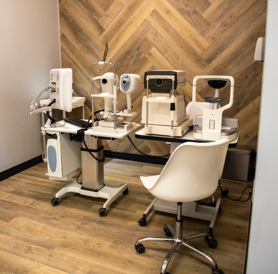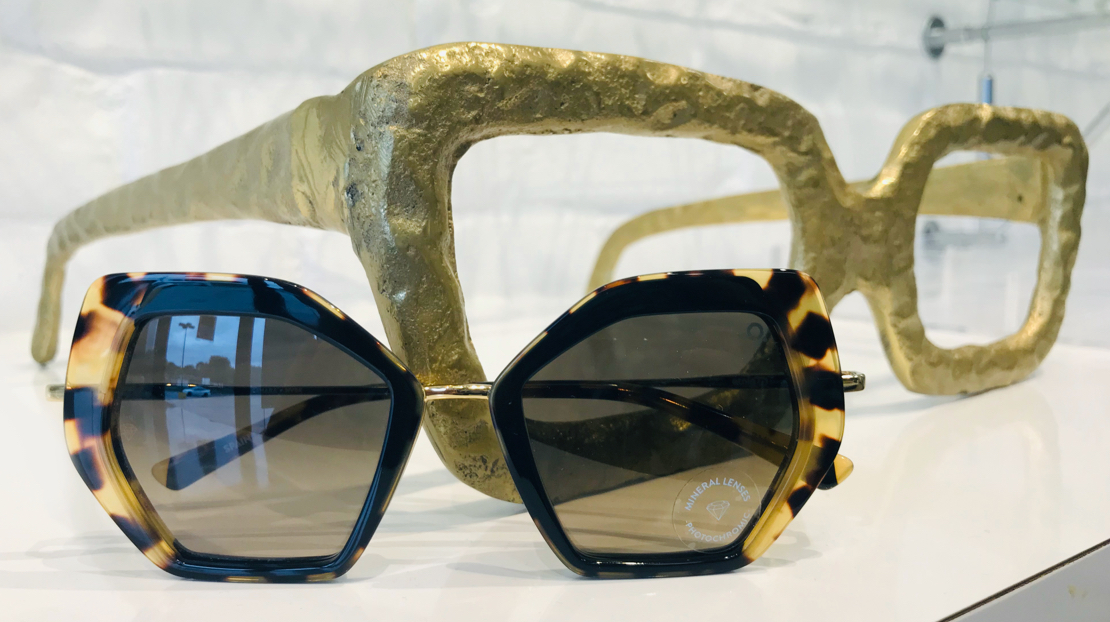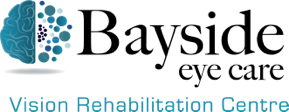Protect Your Child’s Vision Growth
At Bayside Eye Care in Barrie, we know you do everything you can to help your child grow up happy and healthy. Your child’s eyesight and vision are crucial parts of their overall development and need proper care.
Having 20/20 is not enough to have normal, functional vision. Our optometrists assess a child’s focusing, tracking and eye-teaming skills, as deficits in these areas will affect your child’s ability to learn, coordinate their body in their environment and their sports performance
Nearly 80% of a child’s learning in the classroom is visual. This means that confirming your child’s vision is in good shape before they enter school is a necessity. However, even from infancy, your child’s eyes play an important part in how they interact with the world.
How Often Should My Child Have an Eye Exam?
To say that children grow fast is an understatement. Monitoring your child’s vision is key to keeping tabs on any changes that may occur as they get older.
The Canadian Association of Optometry has laid out guidelines for your child’s eye exam visits.
Birth to 24 Months
It’s suggested that infants undergo an eye exam between 6 and 9 months. This builds an early picture of your child’s vision to get ahead of any problems that may arise. Early exams can also diagnose any eyesight or vision issues that may already be present.
2 to 5 Years
You should have your child’s eyes examined at least once in the preschool age range. Any changes that have occurred in their eyesight can be addressed before they enter the classroom full-time.
6 to 19 Years
An annual eye exam until adulthood is the current recommendation for children’s eye care. This ensures your child has good vision throughout their school years.
Learning Difficulties Related to Vision
Learning-related vision issues can arise when problems with eyesight go undiagnosed. Students may struggle to keep up with their peers both in class and socially. This can cause frustration that may lead to lowered self-esteem or behaviour problems.
Having your child’s eyes examined regularly can help build a fuller picture of their development. This may help ease stress related to learning at school.
Common Childhood Eye Issues
Nearsightedness
Myopia, which is more commonly known as nearsightedness, is an incredibly widespread condition worldwide. Studies show that in 2000, one-third of the world’s population was affected by myopia. Scientists project that half the population will struggle with myopia by 2050.
Someone with myopia can see objects close to them clearly, but objects in the distance do not come into focus. Myopia can be caused by the eyeball being too long or the cornea having too much curvature.
Though there is no known cure for myopia, there are several therapies that can slow its progression. Our myopia control clinic specializes in protecting and treating the vision of children with myopia.
Crossed Eyes
Strabismus is often related to improper neural signals to the extraocular muscles that control the eye or due to the improper insertion or position of a muscle. It is commonly misunderstood to be caused by a weak eye muscle. Strabismus can be treated with corrective lenses, prism lenses and/or vision therapy. In some cases your doctor may recommend surgical correction. At Bayside Eye Care, we offer State of the Art vision therapy to help address your child’s needs and in most cases avoid the need for surgery
At Bayside Eye Care, we offer a state-of-the-art vision therapy clinic to address your child’s needs.
Lazy Eye
Lazy Eye is also known as amblyopia. It occurs when there is an underdevelopment of the area of the brain that corresponds to the affected eye. This occurs when there are less than ideal conditions for proper development; such as, when the affected eye is misaligned or when the brain does not receive a clear image from that eye due to structural developmental anomalies like a congenital cataract. Since the brain will begin to rely on the stronger eye for its information, the problem will progress and the weaker eye will continue to deteriorate.
Amblyopia is easier to correct if it’s diagnosed before age 5 or 6, often with the use of lenses or corrective patches. When caught early, amblyopia can often be corrected completely. If you notice your child has one eye that wanders, they struggle with depth perception, or they tend to squint, shut one eye, or turn their head to see, it’s time to bring them for a visit.
Astigmatism
Astigmatism is another common vision problem that presents in childhood. It is a refractive error caused when the cornea or the lens of the eye is irregularly shaped. If they are more oval or cylindrical than round, the result can be blurred vision and distorted images.
Nearly any level of astigmatism can be corrected using eyeglasses, contact lenses, surgery, or orthokeratology (Corneal Refractive Therapy). Talk to our team to see which method may be suitable for your child.
Frames Designed for Your Child’s Active Life
From school to sports to play, children keep busy. Find the perfect frames that fit your child just right. We carry specially designed children’s glasses made to withstand a child’s activity level and look good doing it.

Eye Exams for Kids in Barrie
Bayside Eye Care welcomes the whole family, and we are dedicated to serving your every eye care need. Your child’s ocular health is important to their overall wellness and development. Book an appointment for your child in Barrie today.

Our Location
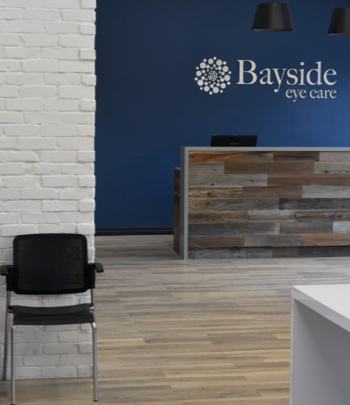
Visit Us
Just off Leacock Drive, find us in the strip mall next to O’Sullivan Animal Hospital.
- Phone: 705-728-3396
- 420 Leacock Drive, Unit I
- Barrie, ON L4N 5G5
Hours of Operation
- Monday: 9:00 AM – 5:00 PM
- Tuesday: 9:00 AM – 5:00 PM
- Wednesday: 9:00 AM – 5:00 PM
- Thursday: 9:00 AM – 5:00 PM
- Friday: 9:00 AM – 3:00 PM
- Saturday: Closed
- Sunday: Closed
Extended hours appointments available by appointment only.



See Our Google Reviews

OUR BLOG
Vision Therapy for Strabismus
Vision TherapyVision therapy is an effective, noninvasive treatment option that helps retrain the eyes and brain to work together more efficiently. […]
How Long Does Eye Strain Last?
Digital Eye StrainDry EyeEye HealthDigital eye strain tends to last for a few hours. In the meantime, it helps to take a break and rest your eyes—try avoiding screens where possible and regularly focusing your eyes at different distances. This gives them a much-needed rest.
[…]
Glaucoma vs Cataracts: What’s the Difference?
Eye ConditionsEye Health Glaucoma and cataracts are two of the most frequent eye issues, but they differ significantly in their causes, symptoms, and treatments.
[…]
Vision Therapy for Strabismus
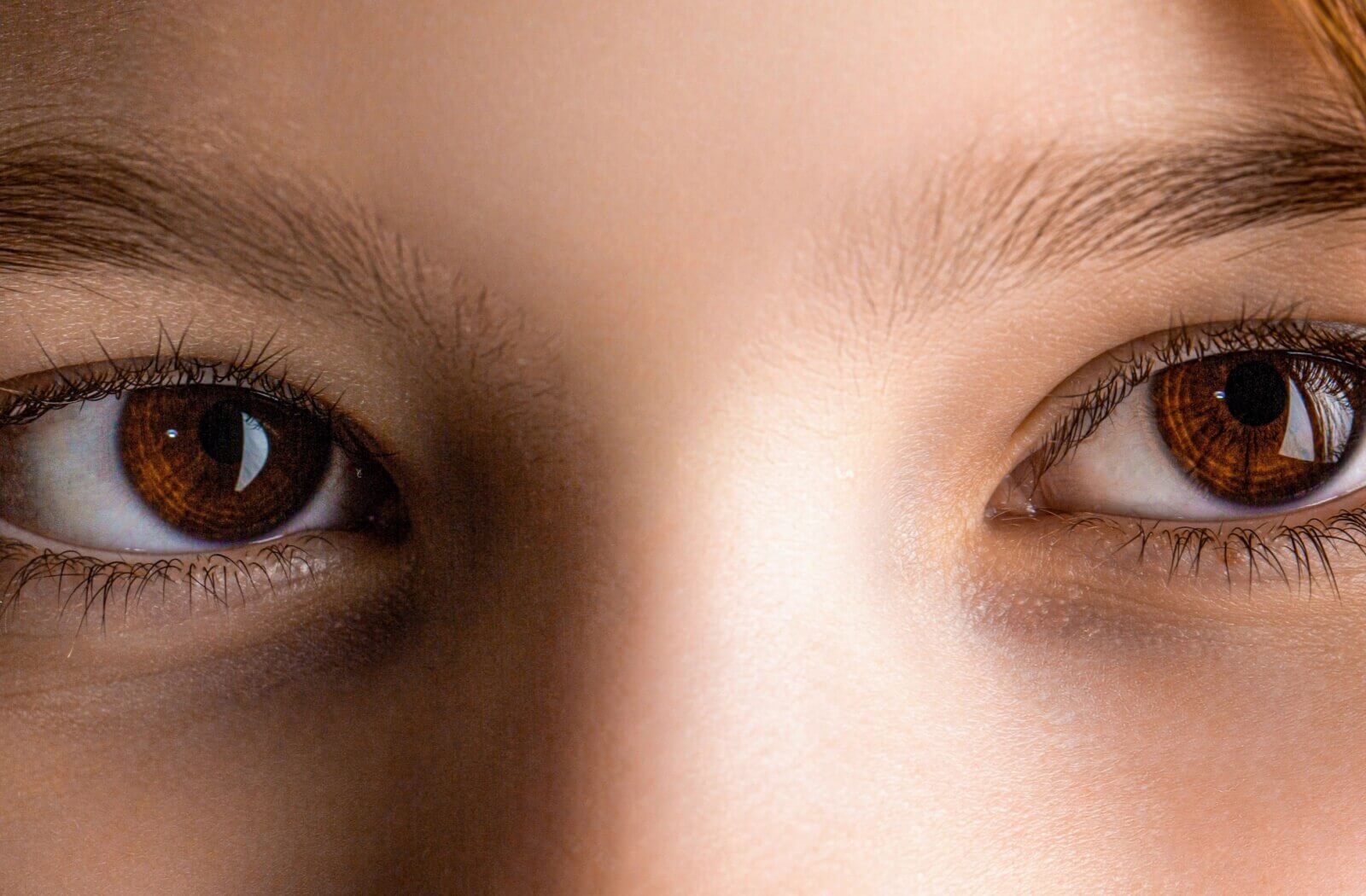
Vision therapy is an effective, noninvasive treatment option that helps retrain the eyes and brain to work together more efficiently. […]
How Long Does Eye Strain Last?

Digital eye strain tends to last for a few hours. In the meantime, it helps to take a break and rest your eyes—try avoiding screens where possible and regularly focusing your eyes at different distances. This gives them a much-needed rest.
[…]
Glaucoma vs Cataracts: What’s the Difference?

Glaucoma and cataracts are two of the most frequent eye issues, but they differ significantly in their causes, symptoms, and treatments.
[…]



